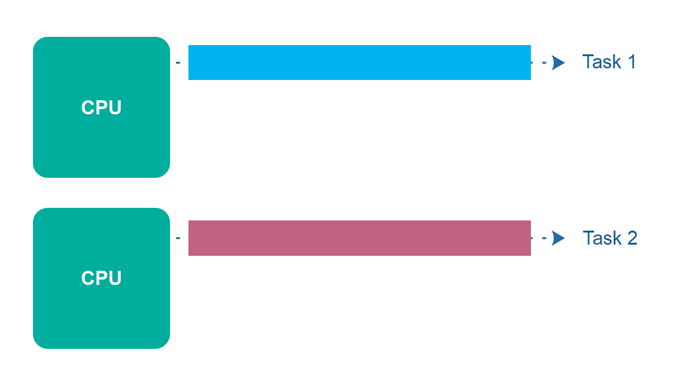Servo is a complete rewrite of how web rendering engines should be built. Unlike traditional browser engines like Gecko (Firefox), Blink (Chrome), or WebKit (Safari) that were developed in C++, Servo is written entirely in Rust, taking advantage of the language's memory safety guarantees and fearless concurrency features.
Why Memory Safety Actually Matters
Traditional browser engines are fucking disasters waiting to happen. 70% of Chrome's security bugs come from C++ memory fuckups - buffer overflows, use-after-free crashes that take down your entire browser session. Firefox isn't much better. These aren't theoretical problems; they're actively exploited CVEs that let attackers run code on your machine.
Servo fixes this by using Rust's ownership system. The compiler literally won't let you write memory-unsafe code. No more mysterious crashes from corrupted pointers. No more security patches for buffer overflow vulnerabilities. When Servo crashes (and it will, it's experimental), it's because of logic bugs, not because some C++ code accessed freed memory.
Built for Parallel Processing (Unlike Everything Else)

Traditional browser engines were built when computers had one core and nobody thought about threading. Then they tried to bolt on parallelism later, which is why Chrome uses 50+ processes and Firefox still chokes on complex pages.
Servo said "fuck that" and designed parallel processing from day one using Rust's fearless concurrency:
- HTML and CSS parsing happen on separate threads without data races
- Layout calculations split across cores automatically
- Network requests don't block the main thread
- WebRender offloads rendering to GPU threads
The result? Servo can actually use your 8-core processor instead of pegging one core while the others sit idle. Mozilla's WebRender benchmarks show this approach eliminates the frame drops that make web pages feel janky.
So where is this thing after 13 years of development?
Current Development Status

Servo's still alive and getting regular updates. The Linux Foundation Europe took it over after Mozilla dumped it, which is probably better for everyone.
Recent significant additions include:
- WebGL 2.0 support with texImage3D() methods
- Animated image formats (APNG, WebP, GIF)
- Advanced Canvas features including OffscreenCanvas
- WebDriver automation capabilities
- Cross-platform support including Android and OpenHarmony
What Happened When Mozilla Abandoned It
Mozilla axed the entire Servo team in 2020 - classic Mozilla move, starting ambitious projects then running out of money. Linux Foundation Europe picked up the pieces, which is probably better since they won't randomly kill it when quarterly earnings look bad.
The project scrapes together a few thousand dollars monthly in donations to keep CI running and pay some interns. Not exactly VC funding, but at least nobody's gonna shut it down to boost stock prices.


